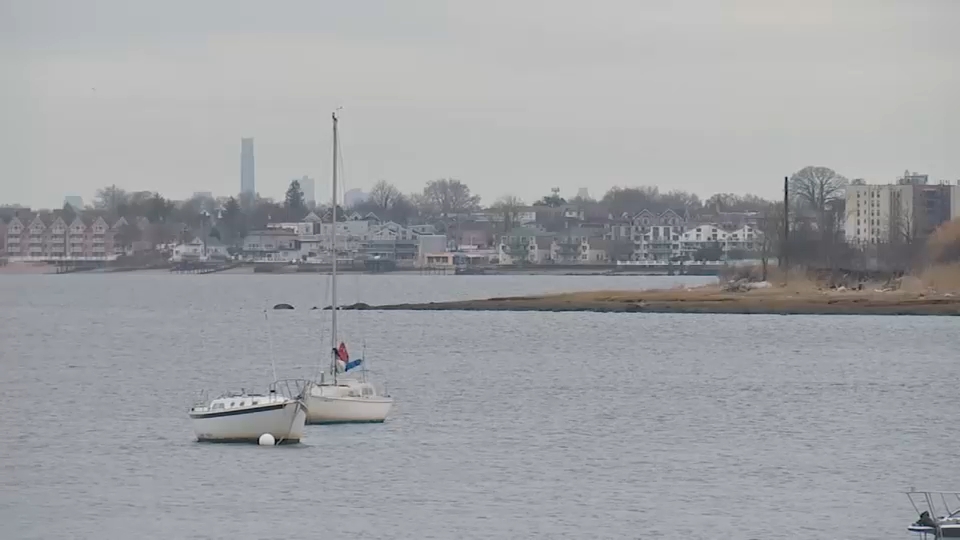Dry and secondary drowning: Hidden threats for swimmers

Tuesday, May 18, 2021
Dry and secondary drowning are potentially tragic medical emergencies that can occur even after a swimmer has left the water.
While symptoms of dry drowning typically occur right after a water incident, secondary drowning symptoms can appear hours after a near-drowning experience.
If your child has recently had a near-drowning experience or inhaled a large amount of water, doctors suggest watching them for the following signs:
- Trouble breathing
- Coughing
- Sleepiness or a drop in energy level
- Irritability
- Chest pain
- Vomiting
Be attentive to changes in behavior, which in some cases may appear as if the child is tired from a long day of swimming.

RELATED | How to spot the key signs of drowning and what you can do to save someone

Copyright © 2025 WABC-TV. All Rights Reserved.






